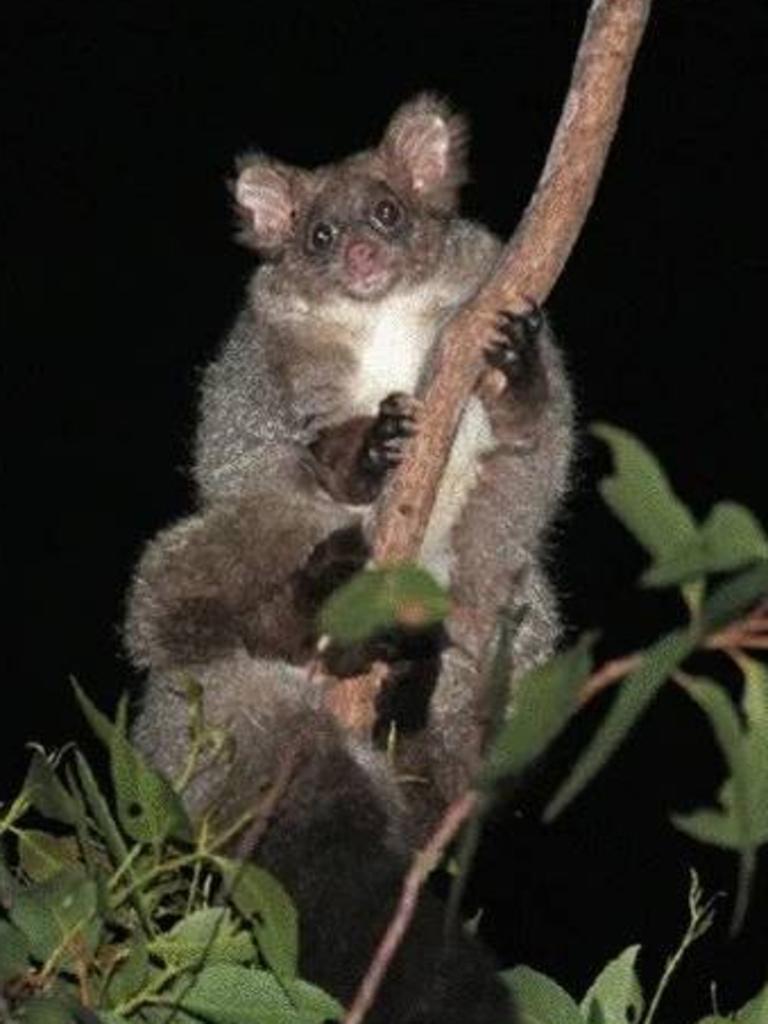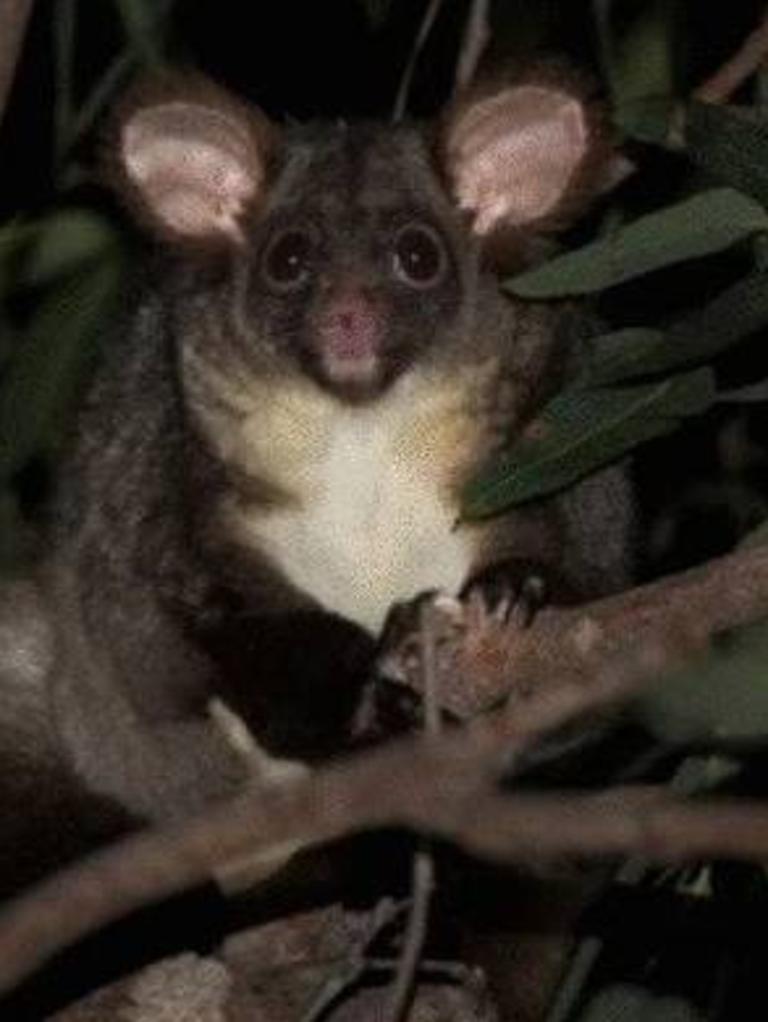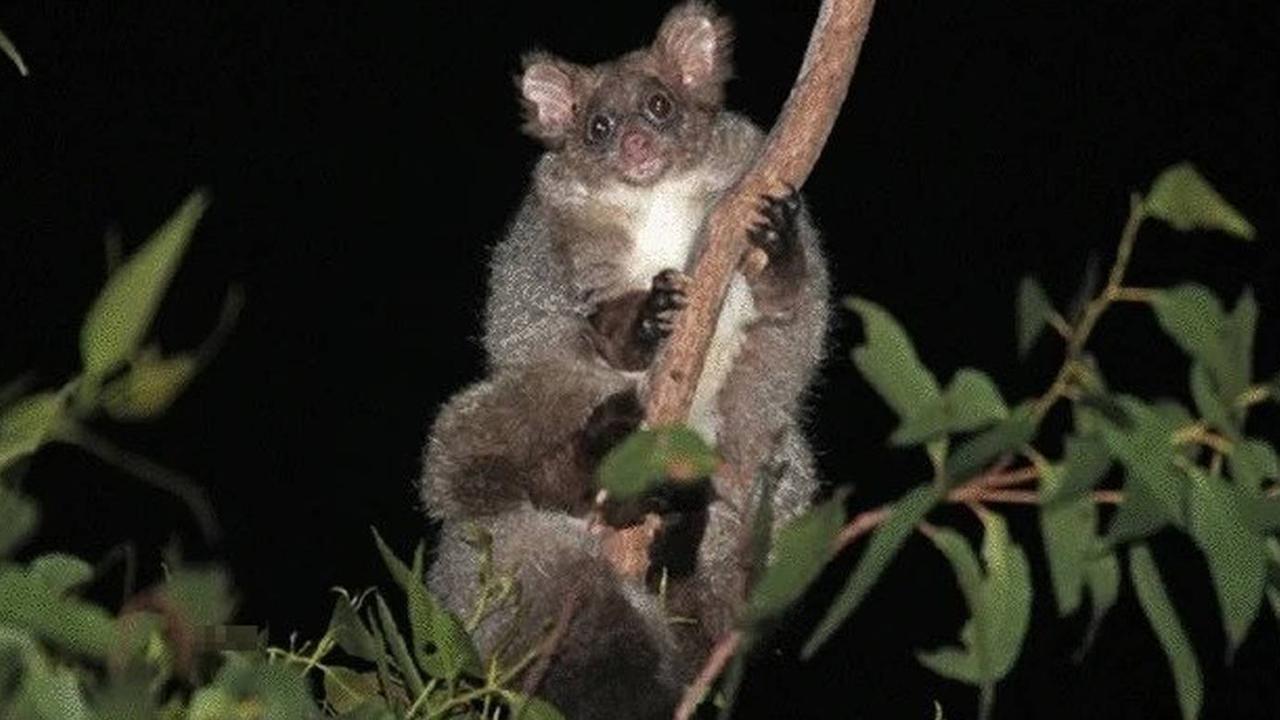New marsupial glider species discovered in Australian eucalypt forest
After last year’s disastrous bushfire season there appears some welcome news has emerged from the forests of Australia’s east coast.
After last year’s disastrous wildfire season there appears some welcome good news has emerged from the forests of Australia’s east coast. It comes in the form of two previously unknown species of flying marsupial gliders, soaring through the eucalyptus canopies of Queensland and Victoria.
In a study of yellow-bellied gliders published in Natures’ Scientific Reports journal, scientists discovered that the treetops are far richer and more diverse than previously thought. Geneticists found not one but three separate species of the fluffy flying marsupials.
“Australia’s biodiversity just got a lot richer,” Professor Andrew Krockenberger of James Cook University said. “It’s not every day that new mammals are confirmed, let alone two new mammals.”


The study was commissioned following widespread bushfires to better understand genetic diversity of the habitat “to protect resilience in the face of climate change”. Around 30 per cent of the known glider habitat was wiped out by fires this year.
Around the size of a domestic cat, the large-eyed marsupials have the unusual ability of being able to “fly”. Using winglike flaps of skin they can glide long distances of up to 100m, using their tails to steer.
“They are so unique and it’s amazing that we could know so little about such a large, attractive animal,” Professor Brendan Wintle of Melbourne University told The Guardian.
“They are quite secretive and even though they’re very large, they’ll often be in the bush at the back of people’s farms and people would never know they were there.”

Australia’s flying marsupials are fascinating and their large eyes and fluffy ears have endeared them to people the world over. However according to PETA this has had some unintended consequences.
More common marsupial gliders have become popular ‘pets’, particularly in the United States where laws on keeping exotic pets vary state to state. But their nocturnal nature and need for eucalypt forests makes them unsuited to domestic life, said the animal welfare body.
The group said a black market has emerged for the smaller flying marsupials such as flying sugar gliders.
Last month the American branch of PETA said it had lobbied 1300 retail locations to stop companies “which target impulse buyers by peddling sugar gliders in mall kiosks”.
This article originally appeared on the New Zealand Herald and has been republished with permission



